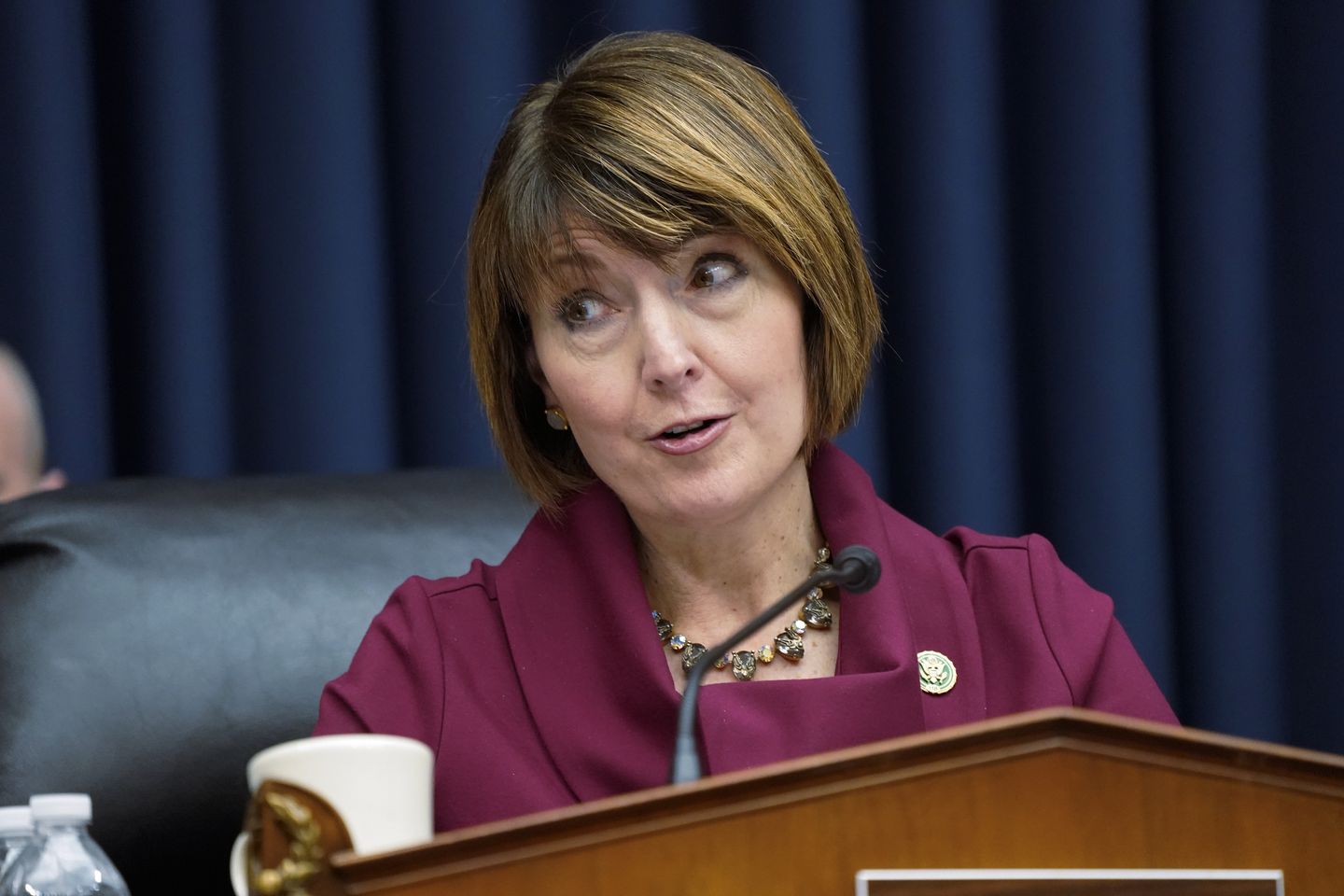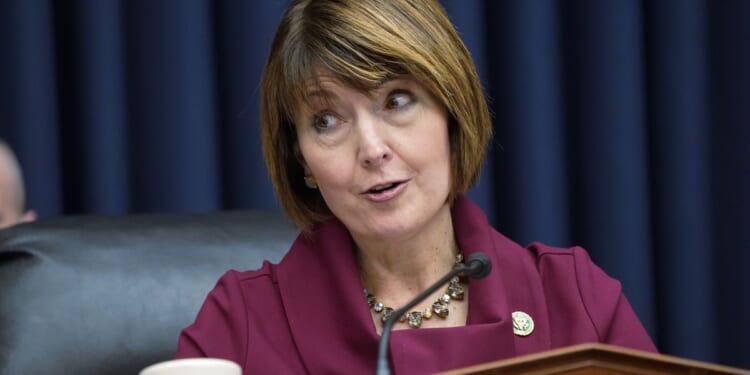
The House Energy and Commerce Committee said Tuesday that it is probing the Biden administration’s medical research spending to see if any of it is still going to Russia in defiance of a White House order.
The investigation comes a year after The Washington Times reported on research done by a Russian lab using U.S. money that involved decerebrating cats and making them walk on a treadmill.
At that time, the National Institutes of Health said it was no longer funding any Russian research, complying with a White House policy punishing Russia for its war against Ukraine.
But Rep. Cathy McMorris Rodgers, Washington Republican and chair of the committee, said she was trying to square that assurance with information from a database that lists hundreds of papers published since June 2022 that used NIH money.
“To assist this examination, please review the 240 potentially problematic instances identified by the Data Abyss Tracker, determine which ones have problematic research collaborations and detail the corrective actions taken,” Ms. Rodgers and two subcommittee chairs wrote in a letter to NIH, which The Times obtained.
The Times has reached out to NIH for this article.
The database lists the date of publication of papers based on research it says was done at least in part with U.S. money. The database does not list dates when the research was carried out.
NIH’s funding for projects abroad has come under fire in recent years as watchdog groups say American researchers are using foreign labs to evade controls on research here in the U.S., such as animal welfare.
The decerebrated cat experiment — involving the elimination of cerebral brain function — was carried out by the Pavlov Institute in St. Petersburg using money from NIH, via a grant to the Georgia Institute of Technology. That research was intended to study spinal cord injuries and body motion.
After Russia invaded Ukraine, the White House Office of Science and Technology Policy issued a directive saying funding for Russian research should be curtailed. The directive allowed already-funded projects to continue but said no new projects should be started.
NIH told The Times a year ago that it was in compliance.
“NIH currently does not fund any research in Russia,” the agency said.
Determining the extent of U.S. funding for Russian research is tricky, and the government’s tools for tracking spending aren’t always clear.
USASpending.gov said the Pavlov Institute’s cats project was funded through May 2022, or a month before Mr. Biden’s shutdown directive, but NIH’s grant reporting system says the project was budgeted through the end of May 2023.
Pavlov collected $221,135 in 2018 and $549,331 in 2021.
As of this week, no Russian labs are listed on NIH’s chart of institutions certified to carry out animal testing using U.S. money. That’s down from three labs listed in April 2023.
China has also become a country of concern for lawmakers after the Wuhan Institute of Virology was implicated in the coronavirus pandemic.
The Wuhan lab was dropped from NIH’s list of approved animal testing facilities last spring. Twenty-eight other Chinese labs remain on the list.












